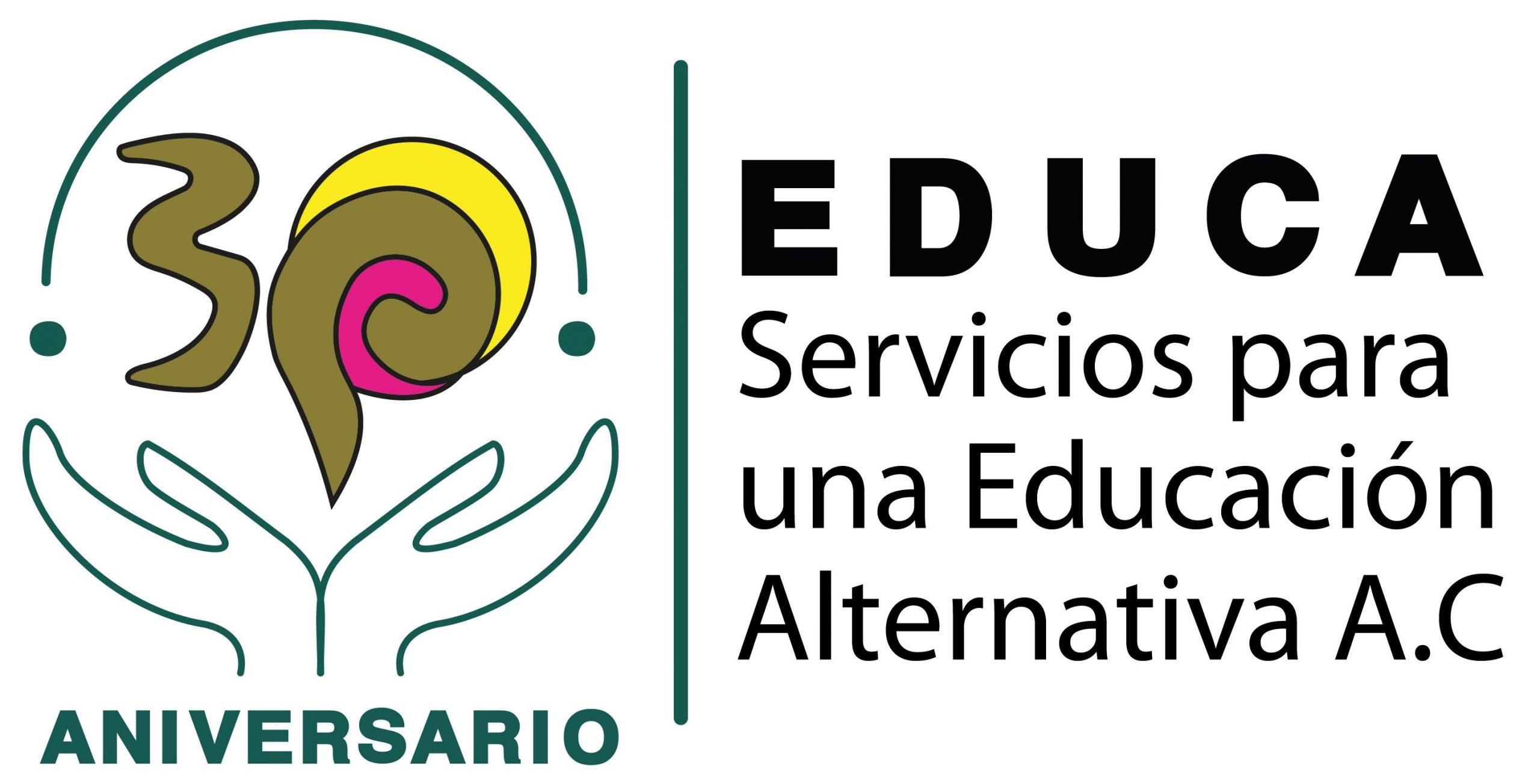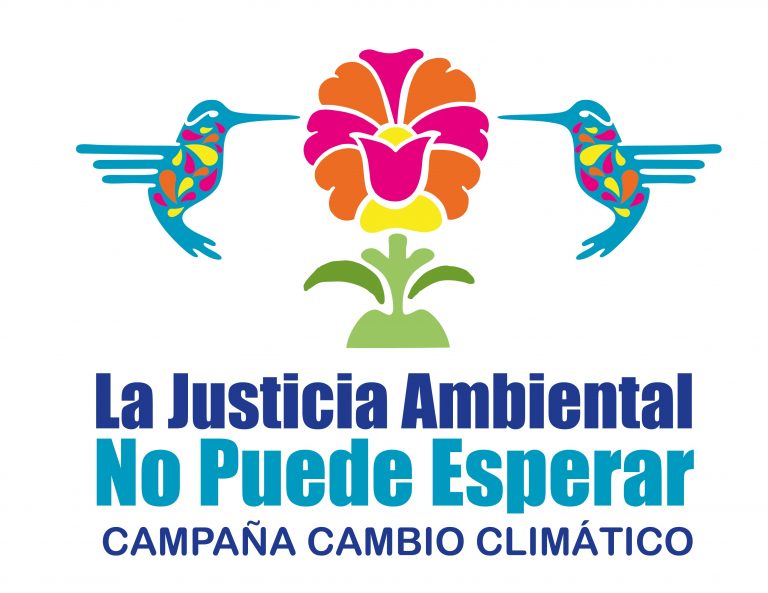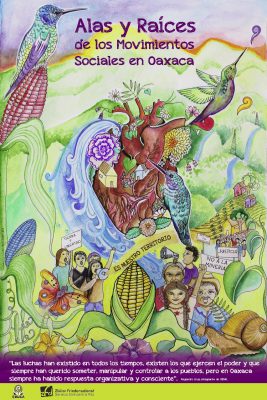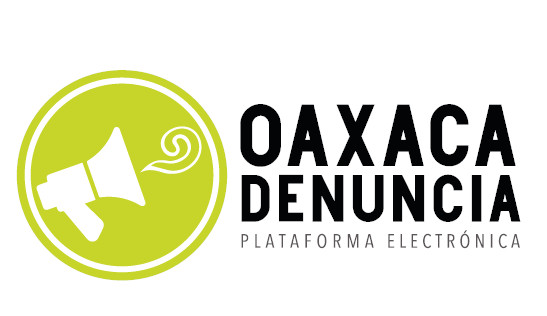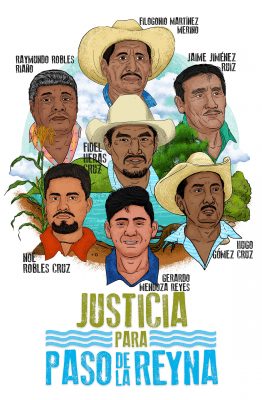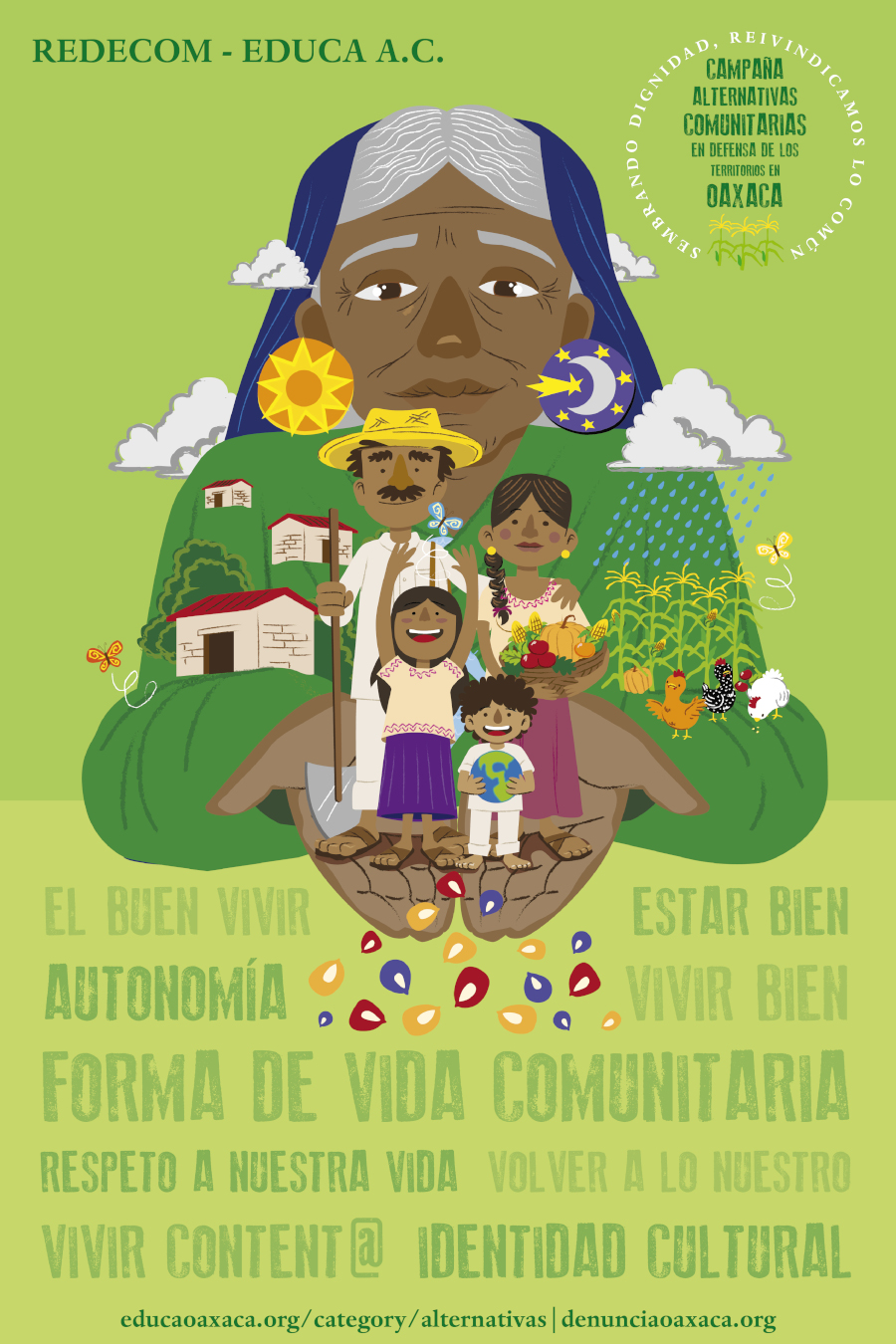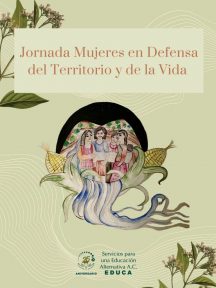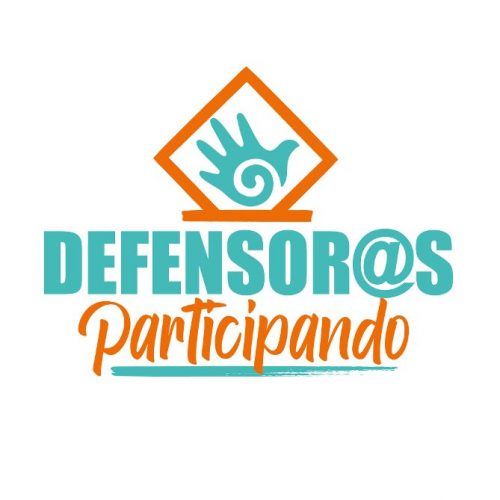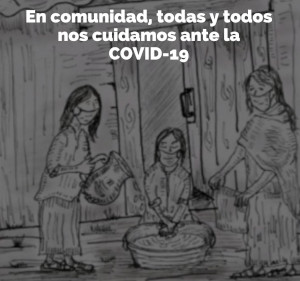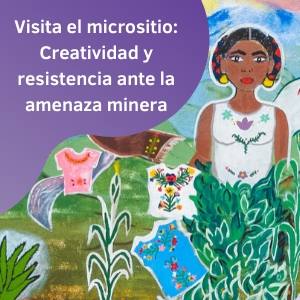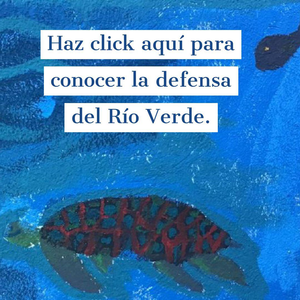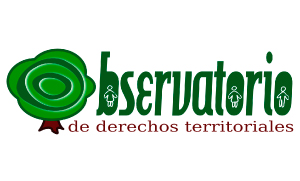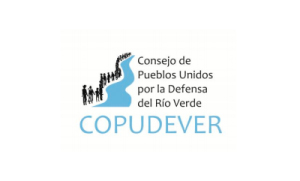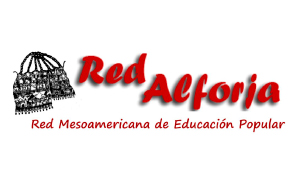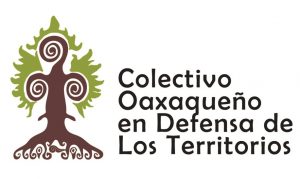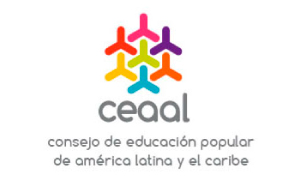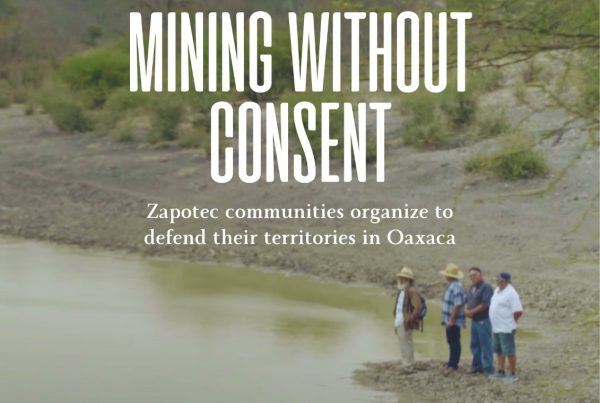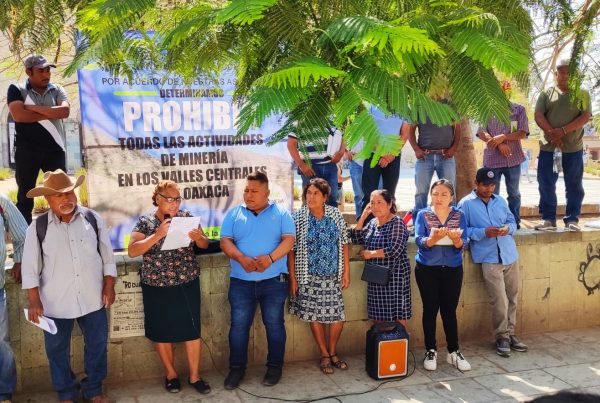 Human rights defender at Educa Oaxaca, Marcos Leyva Madrid, attended a Human Rights forum organized by the European Commission in Brussels earlier this week. This year’s European Instrument for Democracy and Human Rights (EIDHR) 2014 ‘Protecting Those Who Protect’, whose aim is to provide support for the promotion of democracy and human rights in non-EU countries, focused on Human Rights Defenders (HRDs) and united an international panel of activists at the 3-day event.
Human rights defender at Educa Oaxaca, Marcos Leyva Madrid, attended a Human Rights forum organized by the European Commission in Brussels earlier this week. This year’s European Instrument for Democracy and Human Rights (EIDHR) 2014 ‘Protecting Those Who Protect’, whose aim is to provide support for the promotion of democracy and human rights in non-EU countries, focused on Human Rights Defenders (HRDs) and united an international panel of activists at the 3-day event.
Educa, Services for an Alternative Education, participated in order to promote the critical circumstances for HRDs in Oaxaca, and highlight issues concerning security of defenders and activists in southeast Mexico. HRDs and journalists in Mexico are subject to intimidation, legal harassment, death threats, forced disappearances and killings as a result of their activities in defence of human rights and the exercise of freedom of expression and journalism.
In a CNN report in December by Javier Zúñiga, Peña Nieto’s 1st anniversary as President is assessed, along with his early commitment to “end the cycle of human rights violations and violence that so characterised former President Felipe Calderon’s administration.” So far this has not been the case. As Zúñiga states in his article, “on the Peña Nieto train, human rights have so far had to settle for the third-class carriage.”
The EIDHR Forum encouraged discussions on various issues concerning HRDs and measures to be taken for their protection, an example of this being ‘Guidelines on Freedom of Expression’ as well as the potential adoption of a ‘toolbox’ assisting the introduction of a rights based focus including all the rights incorporated in the European Union’s development cooperation.
Further themes that were addressed included economic investment in indigenous territories, in particular hydroelectric dams, mining and wind farms that have a history of generating social injustice in Oaxaca; the rights of indigenous communities to prior, free and informed consent regarding these projects, aggressions towards community defenders and public policy for the protection of HRDs.
Within the framework of activities at the EIDHR Forum 2014, ‘Protecting Those Who Protect’, Leyva expressed concern about conflicts and human rights violations generated by foreign fiscal investment in Mexico.
While speaking to Aurora Díaz-Rato, Counselor of the Permanent Representation of Spain to the EU, Leyva drew particular attention to Spanish corporate interests in Oaxacan territory, which had not, and still have not, granted indigenous communities their full rights as approved in international treaties and agreements. Diaz-Rato committed to investigating the issue further and raising the topic in the Spanish government and the embassy in Mexico.
A similar response was expressed by Julita Bas, official of the European External Action Service. In a meeting with Educa, accompanied by PBI (Peace Brigades International), and other Mexican civil organizations at the conference, Bas assured a follow-up of the recommendations established between Mexican civil society organizations and Europe in a seminar earlier this year. As well as the follow-up Bas committed to informing the public of agreements made in the fourth Mexico-EU dialogue on Human Rights, highlighting the activities of private corporations and collective violations of indigenous communities.
![]()
